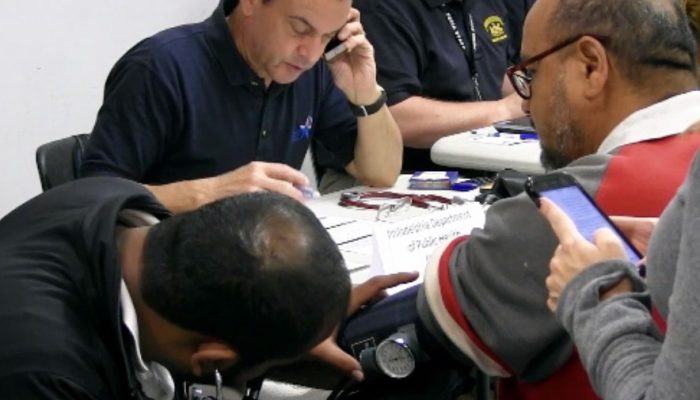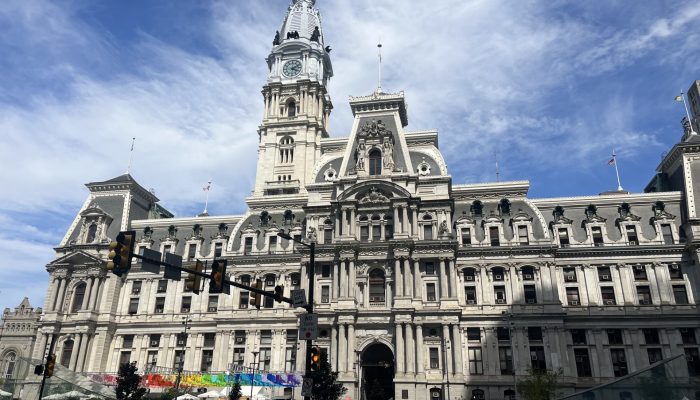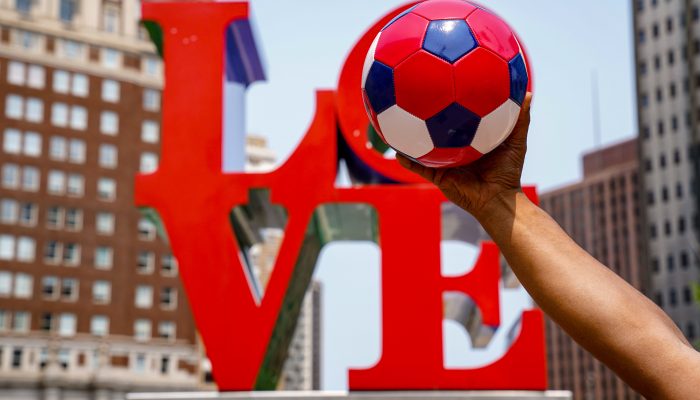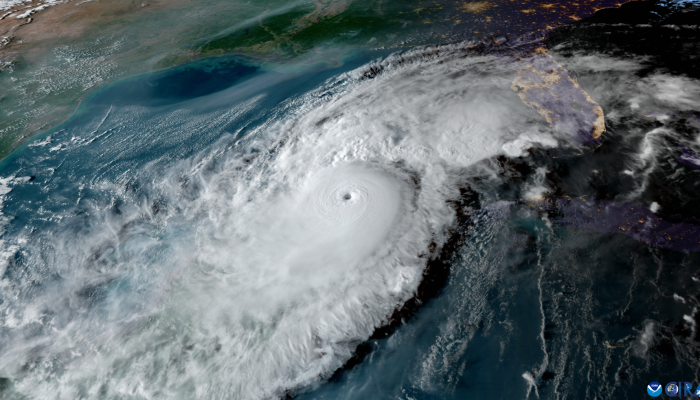Philadelphia hosts big events. One that comes to mind, especially this time of year, happened during the summer heat in July of 1776.
Today, the city sees large events and incidents in diverse genres like emergency response, sports, music, demonstrations, holidays, and politics to name a few.
Philadelphia’s public safety group is involved in all of these events, but it extends beyond police, fire, health, and the Office of Emergency Management.
Also included, and critical, are non-government partners made up of volunteers like Salvation Army, Red Cross, Second Alarmers, Red Paw Emergency Relief, and the Philadelphia Medical Reserve Corps.
Below, our guest blogger Beau Sanchez, Philadelphia Medical Reserve Corps coordinator, introduces you to her dedicated volunteer organization that makes your health their concern.
by Beau Sanchez, Medical Reserve Corps Coordinator, Philadelphia Department of Public Health
The Medical Reserve Corps and What We Do
The Philadelphia Medical Reserve Corps (MRC) is a versatile group of more than 2,700 volunteers, comprised of both clinical and non-clinical professionals, who serve the City during public health emergencies, such as disease outbreaks or natural disasters and large-scale special events. The Philadelphia MRC Unit, which was founded in 2005, is housed within the Division of Disease Control at the Philadelphia Department of Public Health (PDPH) under the Bioterrorism and Public Health Preparedness Program (BT-PHP). PDPH trains MRC volunteers to prepare them for their potential roles and responsibilities in a public health emergency and coordinates volunteer deployments during real responses. MRC volunteers staff medical tents alongside the Philadelphia Fire Department Emergency Medical Services (PFD-EMS) at large special events, such as races and concerts. Recent MRC responses include: the Disaster Assistance Services Center (DASC) for evacuees from Puerto Rico who came to Philadelphia following Hurricane Maria in 2017; annual influenza vaccination clinics for Philadelphia first responders and essential personnel (2530 persons vaccinated in 2018); and staffing the medical field clinic at the West Philadelphia High School shelter that was activated for persons displaced by a large apartment complex fire in December 2018. PDPH is currently integrating the MRC into the City’s Resilience Project to combat the opioid crisis.
Behind the Scenes: Philadelphia MRC Coordinator
Beau Sanchez, the MRC’s Coordinator, encourages everyone to get involved: “We welcome everyone, including practicing or retired medical professionals, public health professionals, as well as community members with no medical training. Anyone can volunteer and contribute their time, knowledge, and skills.” Beau Sanchez has been the Philadelphia MRC Coordinator since 2015. She is responsible for ensuring that the volunteers are prepared to offer the support needed by the Philadelphia Department of Public Health. Beau conducts ongoing recruitment campaigns to bolster MRC numbers, leads a variety of training throughout the year to keep volunteers engaged and ready, supervises and coordinates the deployment of volunteers in a public health emergency, ensures the integration of volunteers into all plans, and evaluates all MRC activities to improve future plans. In addition to these responsibilities, she has coordinated 2 National Special Security Events (NSSE), the Papal Visit in 2015 and the Democratic National Convention (DNC) in 2016. Most of all, her favorite responsibility as the MRC Coordinator is hosting disaster trivia at all the MRC training and having the winners spin the wheel for prizes!
Four reasons to volunteer with the Philadelphia MRC
1. Make a difference.
After disasters like Hurricane Katrina or 9/11, many people want to help out. MRC volunteers are enrolled and trained before an emergency happens, so they can provide help as soon as it is needed. Being part of an organized cadre of volunteers means you will have the greatest potential to make an impact during an emergency.
2. Use your skills and expertise in a helpful way.
If you are a health professional or have a background in health, there will be an opportunity for you to help out. All types of skills are needed; the MRC will help you apply your skills where they are needed most. Because MRC volunteers are trained in advance, they are better prepared to help themselves and others during an emergency.
3. Stay connected.
Not only will MRC volunteers be among the first who are notified when an emergency happens, but they also receive preparedness tips through social media and are offered special training in advance of emergencies. Stay up-to-date by learning about public health preparedness, terrorism threats, emerging diseases, pandemic influenza, and other important topics. Plus, MRC training is an opportunity to earn continuing education credits and meet other people who have experience and insight into public health preparedness.
4. Know you’re covered.
When an emergency happens, people with medical training are often among the first who want to help out. MRC volunteers are pre-identified, pre-trained and pre-credentialed, so there is no delay in getting expert help where it is needed most. Volunteers working with the MRC are covered by liability protection and compensation for accidental injury.




